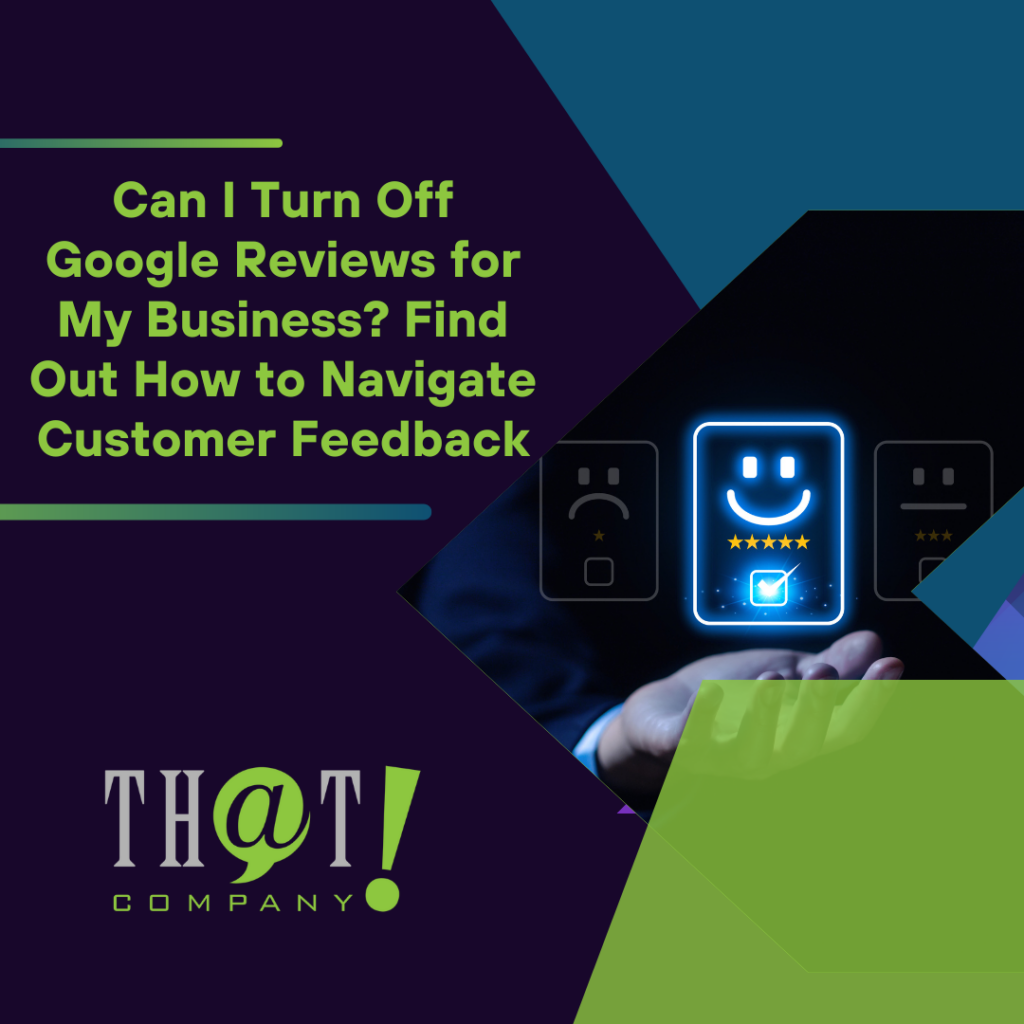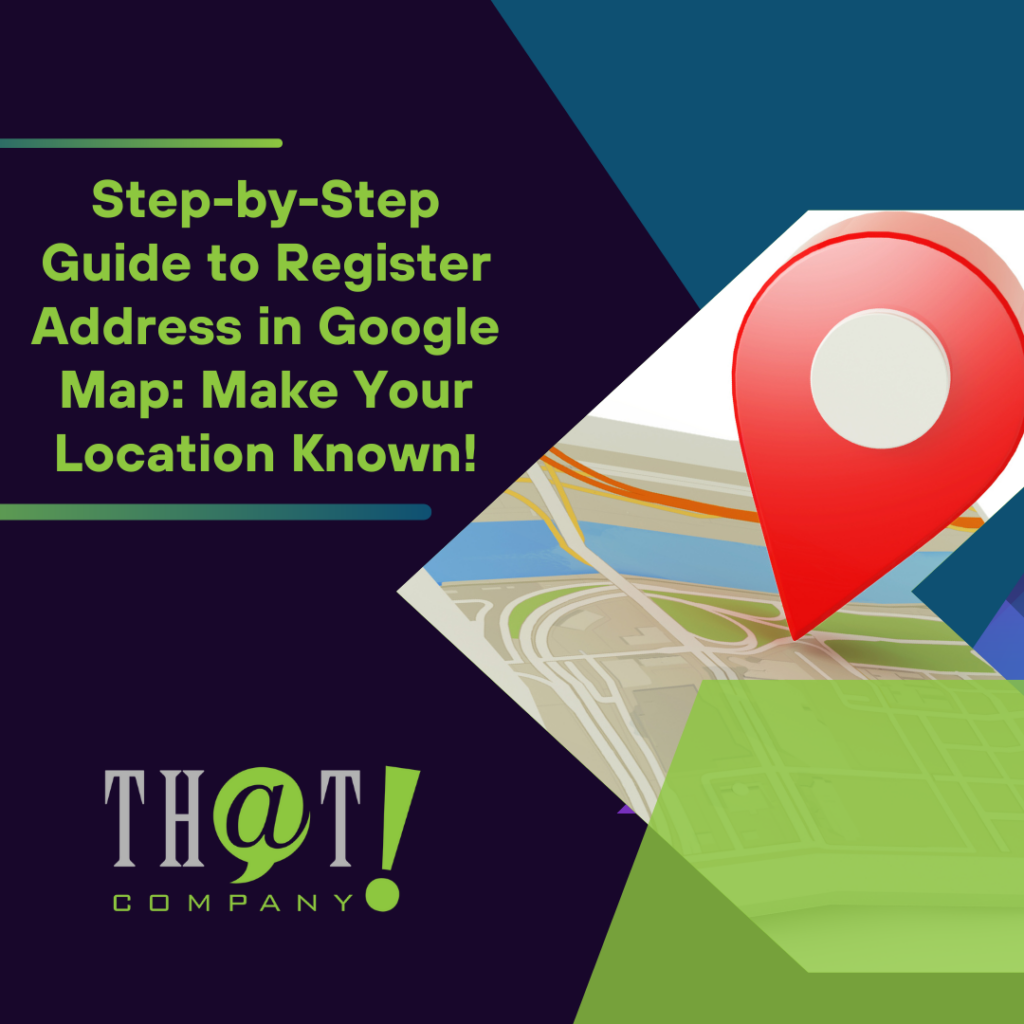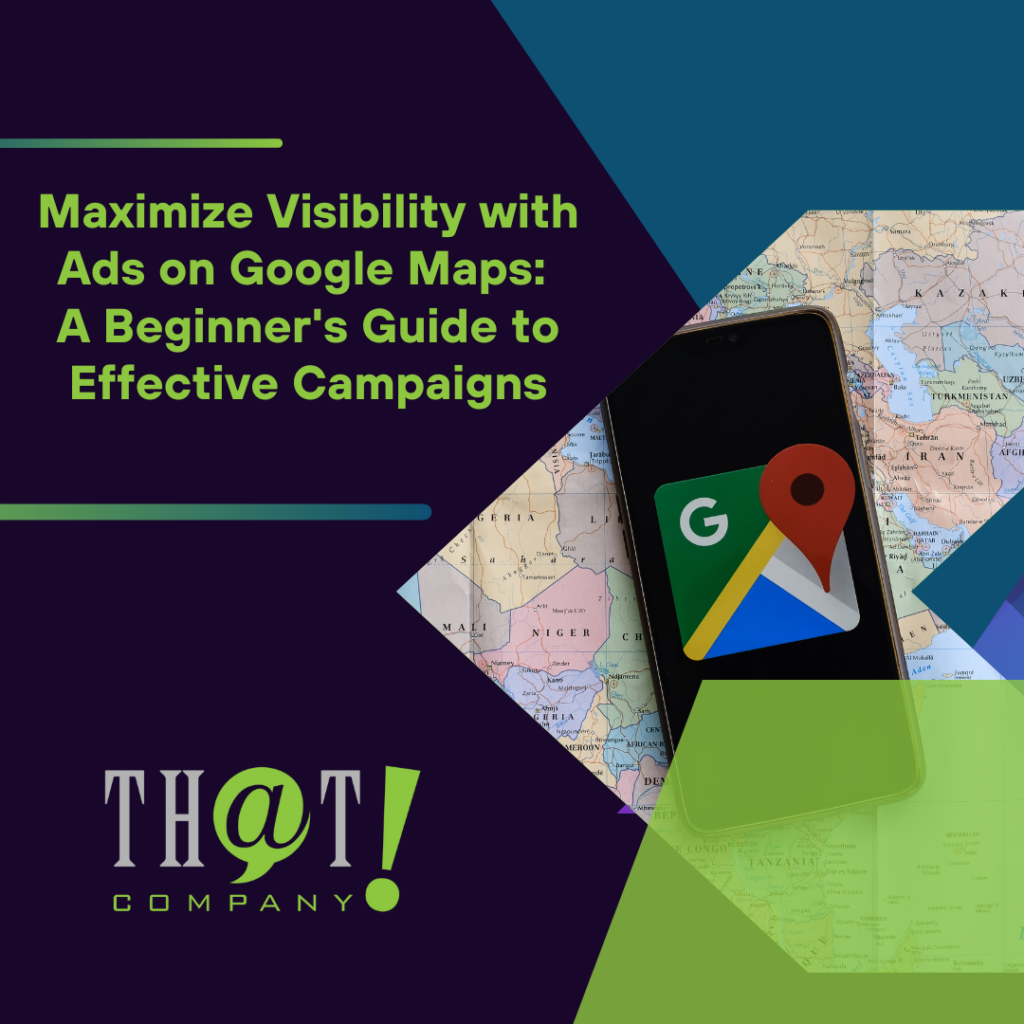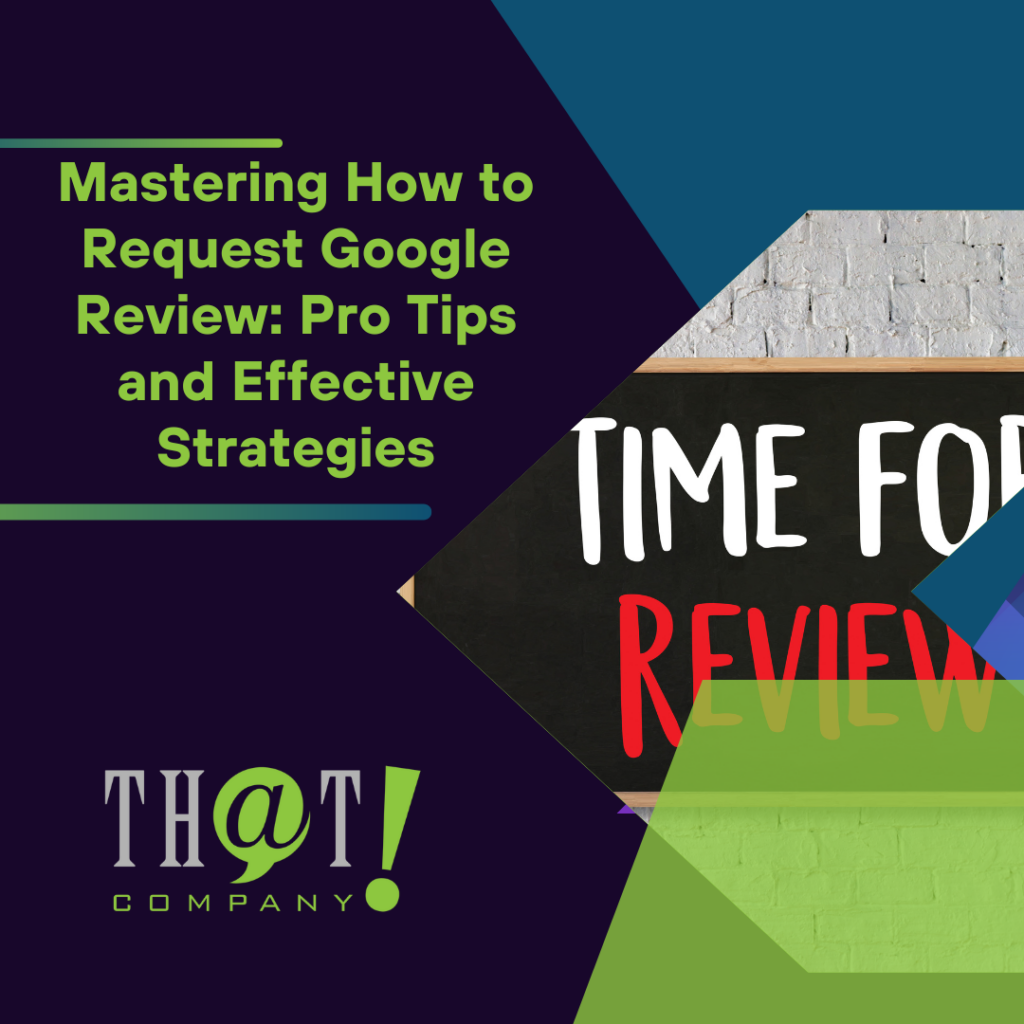 If you have already decided to outsource SEO to an affiliate or white label partner, this article is not really for you. You can call us at 800-235-0396 today to learn more about the finest white label SEO team in the nation and see for yourself if That! Company is a good fit.
If you have already decided to outsource SEO to an affiliate or white label partner, this article is not really for you. You can call us at 800-235-0396 today to learn more about the finest white label SEO team in the nation and see for yourself if That! Company is a good fit.
On the other hand, maybe your web dev team has taken on SEO too, and you are not sure how advanced they are. Perhaps you have a single SEO “guru” on the team and no way of evaluating how well he or she is doing. Or you already resell SEO, but you are hearing rumblings from your clients. Is this just a client or two with unrealistic expectations or is there a real problem with the team servicing them? By asking your SEO team these ten questions, you will be able to decide whether your team is on top of SEO best practices and has the knowledge to do the job, or whether it is time to look for a real expert in the field. Ask these ten questions; if each member of the team cannot answer more than eight correct, it may be time to make a change.
Do You Use Mobile First Design on Your Pages?
The answer here is quite easy. Of course, your SEO team practices a mobile-first design/layout of each page they post. While the answer is easy, the key is in execution. Some platforms/themes allow users to preview each new page as a mobile device before posting it live, and others do not. Regardless, what you want to do is watch your SEO create and publish a new page. Do they immediately check how it looks on mobile, before adding it to any menus or linking to it in any way? This is not really a test of technical knowledge, but a way of making sure your team is checking their work for errors.
What Does Your Keyword Research Look Like for Your Top 10/20/50 Keywords?
This is my favorite question to ask to get a real handle on your in-house or white label search engine optimization team. The number of keywords does not really matter. They should be able to show you the keywords they are working on. Also, they should be able to show you the estimated monthly search volume of the keyword, your client’s current ranking, and some measure of the difficulty of each keyword.
There are many different measures of keyword difficulty, and I will not go into the merits of each. The important thing is that they have some idea of the value, position, and difficulty of each keyword. Otherwise, they may be wasting their time on keywords that will not make a difference for your clients, or pie-in-the-sky keywords that are unattainable without massive investment. Advanced SEO practitioners will often also have Google’s estimated CPC (Cost Per Click), which is another factor in measuring the value of a keyword. They should also know whether your client’s position is trending up or down. Quite simply, if your SEO team cannot do this for each client, they should not be your SEO team.
What is E.A.T. and How Does It Affect What You Do in SEO?
 E.A.T. stands for Expertise, Authority, and Trustworthiness. These are crucial factors in Google’s ranking algorithms. The focus has been on “your money or your life” websites, where either medical/health information is provided, or you can enter credit card/bank account information. While those certainly are the types of sites most influenced by E.A.T., nearly every website can be affected in some way, from your travel blog to your local plumber. Your in-house team or private label SEO team should be able to explain E.A.T. and give you a strategic overview of how they address it. Specifically, they should be looking for opportunities to link from pages they create to pages on widely respected/authoritative websites dealing with related topics. You do not need a lot of these on your website, but you must be sure that you have more of these high-quality outbound links than any other outbound link.
E.A.T. stands for Expertise, Authority, and Trustworthiness. These are crucial factors in Google’s ranking algorithms. The focus has been on “your money or your life” websites, where either medical/health information is provided, or you can enter credit card/bank account information. While those certainly are the types of sites most influenced by E.A.T., nearly every website can be affected in some way, from your travel blog to your local plumber. Your in-house team or private label SEO team should be able to explain E.A.T. and give you a strategic overview of how they address it. Specifically, they should be looking for opportunities to link from pages they create to pages on widely respected/authoritative websites dealing with related topics. You do not need a lot of these on your website, but you must be sure that you have more of these high-quality outbound links than any other outbound link.
Describe How You Do Internal Link Sculpting?
This is important and a bit trickier to review than some of the other questions here. We are speaking specifically of contextual links here, not menus. Internal linking signals the search engines in two ways. First, it tells them that the page you are linking to is important. Second, the context of the article and the anchor text of the link tell Google what the page is about.
Theoretically, pages can be so weak in Google’s eyes that they can only really pass “juice” from one contextual link, or so strong that they can pass it from dozens of contextual links (we are looking at you, Wikipedia). As a rule, two to six contextual links are may be the best you can hope for. It is also important that the anchor text be keyword-centric because you are telling the search engines what the page is about. That said, however, some slight variation is also key if you link to the same page over and over. Too many links with identical anchor text will begin to look “spammy” to Google.
Is UX (User Experience) Part of Your Focus as My Outsourced SEO Provider, or Do You Consider That a Web Developer’s Job?
 It does not make much sense to rank a page in Google that never converts because the user experience stinks. Additionally, we believe Google has metrics that track poor user experience; an example would be quickly re-searching the same keyword. If you are an SEO reseller, and the SEO team does not take the user experience seriously, your client is not getting their money’s worth.
It does not make much sense to rank a page in Google that never converts because the user experience stinks. Additionally, we believe Google has metrics that track poor user experience; an example would be quickly re-searching the same keyword. If you are an SEO reseller, and the SEO team does not take the user experience seriously, your client is not getting their money’s worth.
What is Your Approach to Multi-Media?
Breaking news! Internet users love images and videos. As a result, so do search engines. Pages with images and videos are far more likely to achieve first page rankings than those without.
Do Unordered Lists/Bullet Points Matter?
They do. There is a correlation between first page rankings and bullet points. This is advanced stuff that not everyone knows, but it is valuable. Again, you do not want to give every single page the same number of bullet points, or even have bullet points on each page, because variety is good. In general, however, bullets are our SEO friend.
What is Your Approach to H2s?
Exactly one H2 should have your target keyword in it, and other variations can appear in other H2s, provided there are no duplications.
How Are You Tracking Progress?
![]() There is no one right answer here. How are the keywords you are targeting ranking? These can make a great deal of movement before showing up in Analytics or even Search Console.
There is no one right answer here. How are the keywords you are targeting ranking? These can make a great deal of movement before showing up in Analytics or even Search Console.
What about the keywords you are not tracking? What is happening to overall organic traffic to the site and why? Looking beyond mere visits, is the site engaging to its visitors? Are there problems with undesirably high bounce-rates or conversion rates? How does your team keep track of the big picture data that matters most to each client?
Does Keyword Density Still Matter?
Despite what we repeatedly hear, it does. It is easy to find lots of articles telling us that keyword density no longer matters. We have access to tools, however, that measure correlation between keyword density and first page rankings. The overwhelming majority of those pages have a keyword density between 0.5% and 3%, with the sweet spot hovering around the 1%-1.5% mark. The keyword position on the page also matters.
If you asked all these questions and discovered it might make sense to outsource SEO to one of the nation’s top private label SEO companies, please give us a call at 800-235-0396.
























